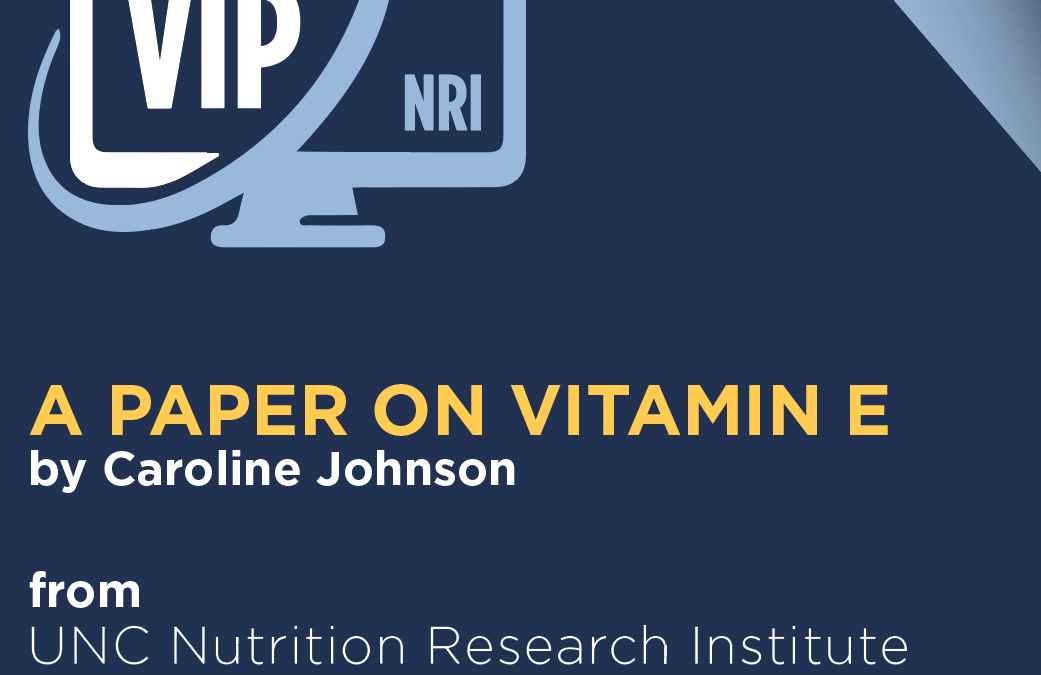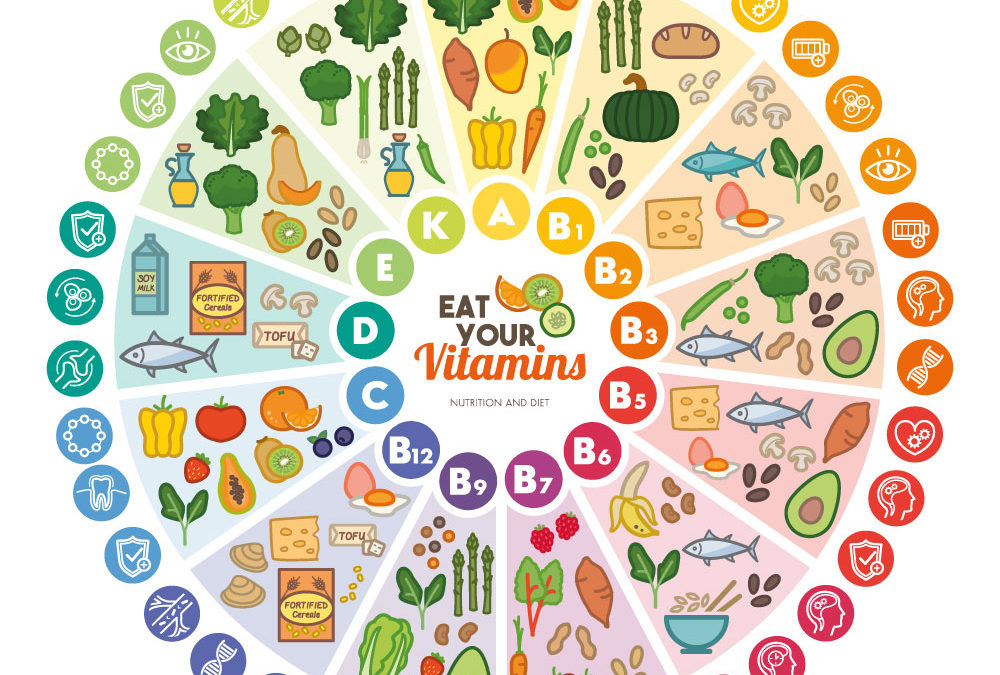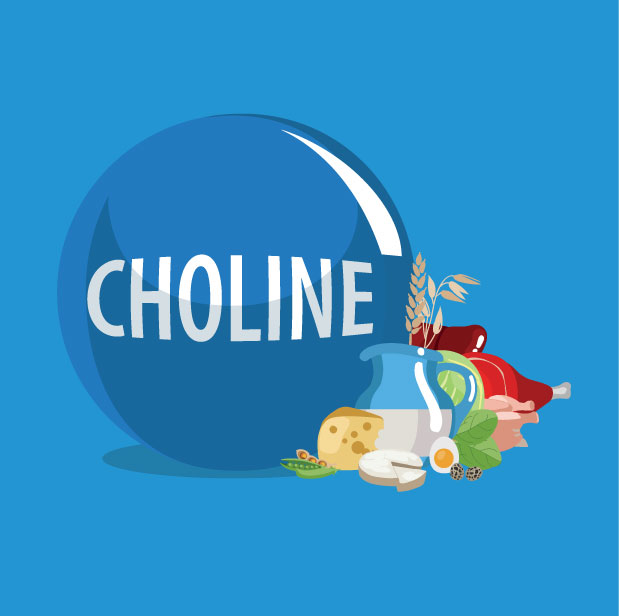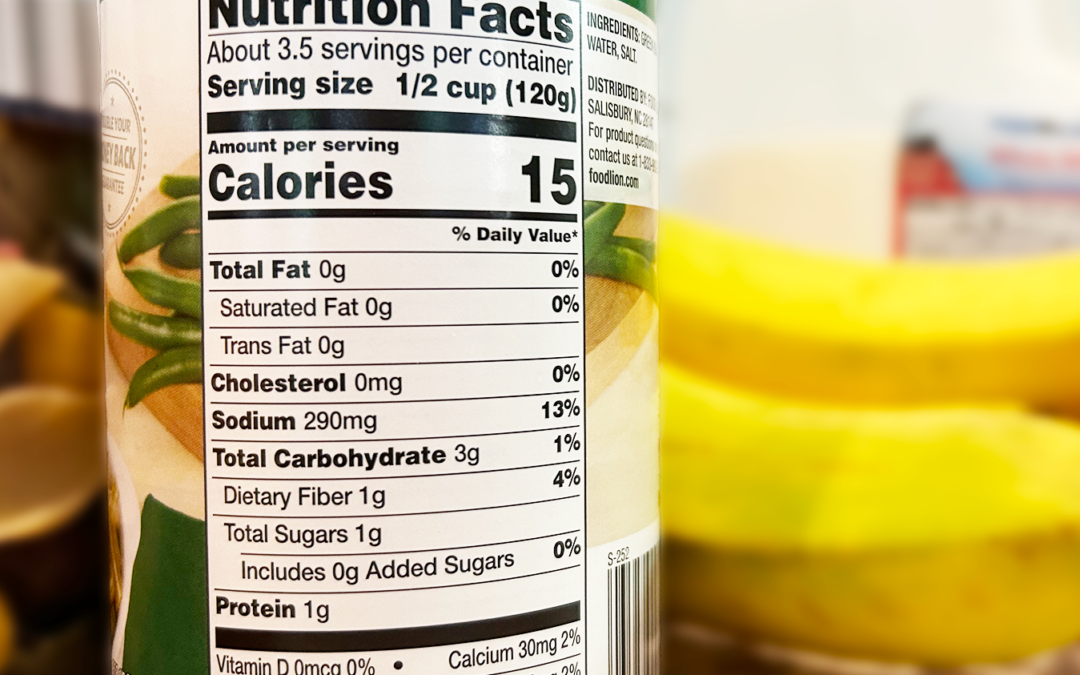


Vitamins and Healthy Diet: A Balancing Act
May 27, 2015 • A vitamin is an organic compound that cannot be made by the human body, but is a required nutrient vital for its various functions. Vitamins are needed in only limited amounts and thus are traditionally derived from our diet. And, yet, nearly half of the U.S. population takes multivitamin supplements—even in times of financial downturn. In 2010 the U.S. supplements industry reached $28 billion in annual sales. And, although no clear scientific need has been defined for vitamin supplementation, the most common reason for taking vitamins is a desire to “improve” or “maintain” overall health, according to a poll conducted by the National Institutes of Health in 2013.
Vitamins and Healthy Diet
Dr. Natalia Krupenko addresses vitamin supplementation and its effects on the human body.
Choline in Health and Disease in Vitamins in the Prevention of Health Disease
Teng, Y-W, Zeisel, S.H. (2010) Choline in health and disease In Vitamins for the Prevention of Human Disease, Edited by W. Herrmann, R. Obeid, Walter De Gruyter GMBH & Co, Berlin, Germany. 599-612.

Choline: An Essential Nutrient
Makes Babies Smarter, Keeps Memory Keen and Prevents Disease, Yet Most Americans Are Missing Out
Choline was discovered in 1862, but scientists did not fully understand its importance—or what foods contained it—for another 136 years. They thought we could make our own choline, much like we make Vitamin D from sunlight and cholesterol, but only women who still produce estrogen can make enough choline—and only if they have the right genes. Forty-five percent of child-bearing women have a genetic variation called a SNP (pronounced “snip”) that prevents them from turning estrogen into choline.
Cooking Demo + Nutrition Talk: Fitting the Fall Season into Your Rainbow Diet
work Fitting the Fall Season into Your Rainbow Diet September 2023 • Cooking Demo + Nutrition Talk RECIPES Appetizer: Butternut Squash Salad Rolls and Maple Orange Sauce Entree: Creamy White Stone Grits, Roasted Vegetables, Mushroom Jus Dessert: Apple Upside-Down Cake...
Just the Facts
This story originally appeared on the UNC Gillings School of Public Health website. by George Spencer illustrations by Haley Hodges ’19 Andy Warhol never met William Hubbard or Jerry Mande, MPH ’83 (nutrition). But the pop artist who turned soup can labels into art...
